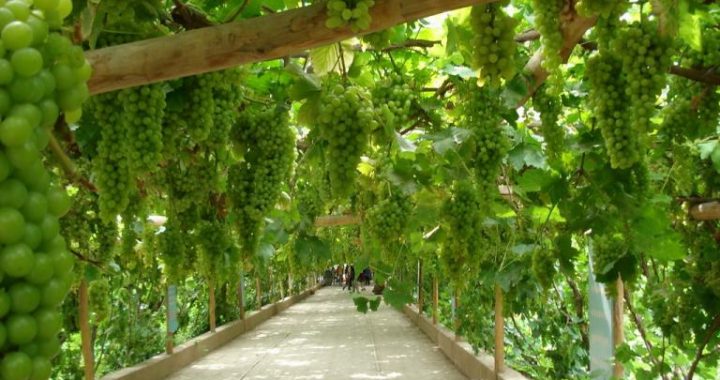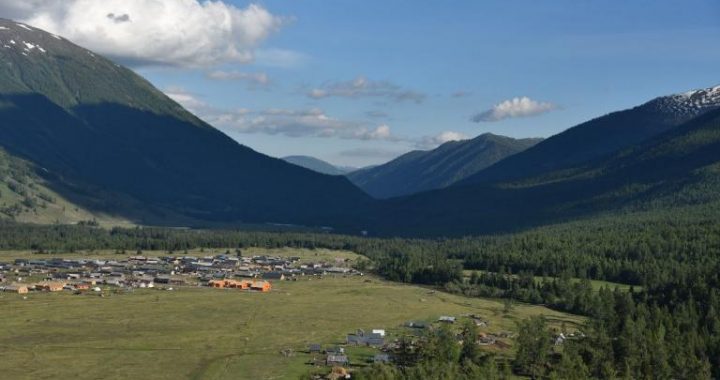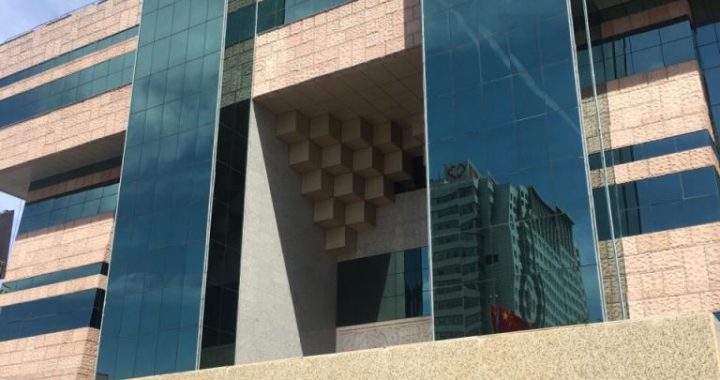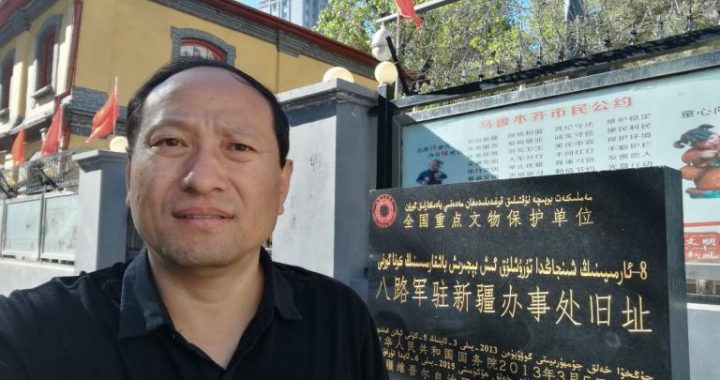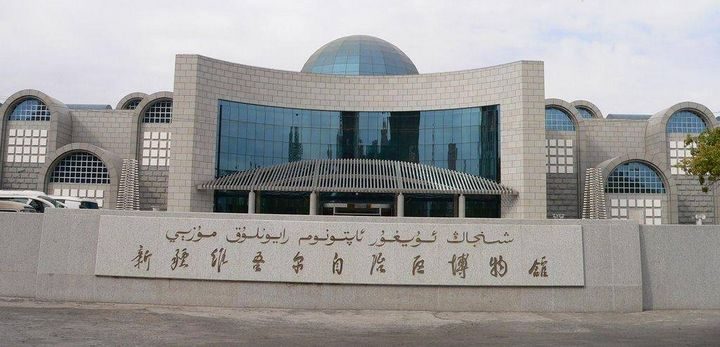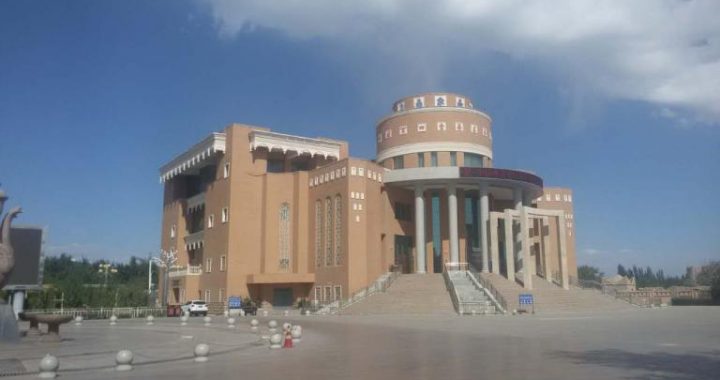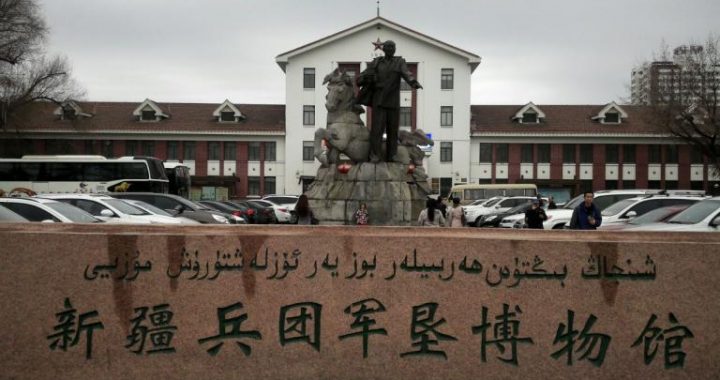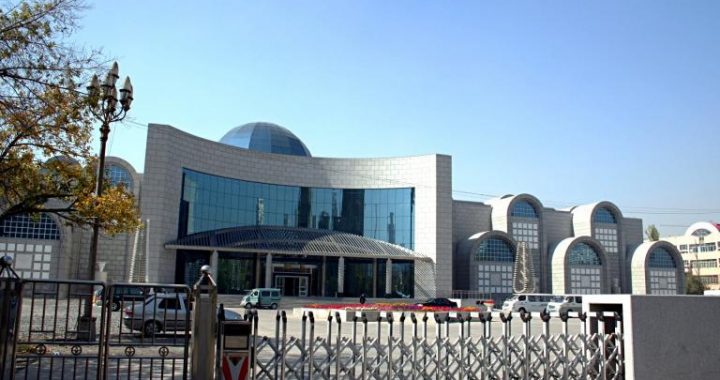The Striding Industry in Xinjiang
2 min readMaybe someone will make such a definition about the industry in Xinjiang of “Isn’t the industry in Xinjiang the mining for coal and oil “It is too one-sided. When we open the history of Xinjiang’s industry, those legible footprints and increasingly strong paces are declaring the firm determination and blueprint of the belief that “industry strengthens Xinjiang, and enriches the people”.
There was indeed no real industry in Xinjiang in the old days. Before the liberation, the industry in Xinjiang was quite poor, and modern industry was almost a blank due to the long feudal rule. What Xinjiang had were almost all private workshops of low technical level.
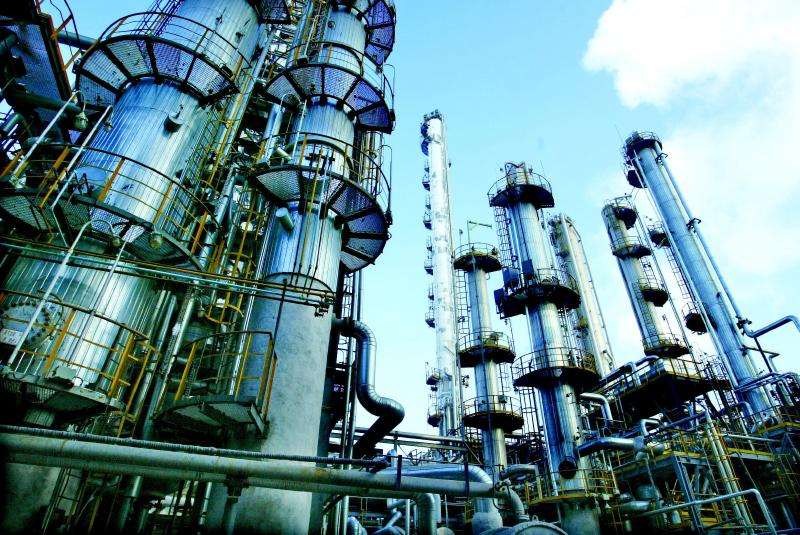
Local people even could not have enough to eat; the grain for the army in Xinjiang had to be transported from the mainland.
In 1949, the total industrial output value of Xinjiang was not more than 98 million Yuan; the official business had only 14 small and poorly equipped factories with less than 1,100 employees. Among the 40 kinds of major industrial products issued by the National Bureau of Statistics at that time, only five kinds can be produced in Xinjiang, even a foot of cloth, a kilo of sugar, an inch of steel, wire nail, or a piece of paper cannot be produced, so material products are extremely scarce in Xinjiang. Industrial products were mainly transported from outside with a very high price. In some remote areas, if one wanted a pack of matches, he even needed to pay with a live sheep.
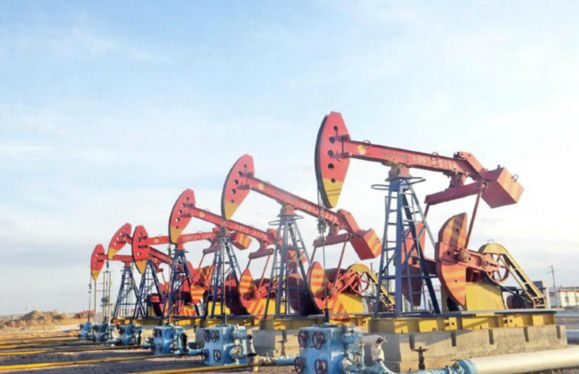
Qinghua Group circular economy industrial park in Yining City-coal gasification project After the founding of New China, Xinjiang people started reclaiming the farmland and undertaking water conservancy projects by “pull by shoulder, and carry with back”, and established the foundation or he developmer of ndustry and agriculture n injiang by tightening their belts.
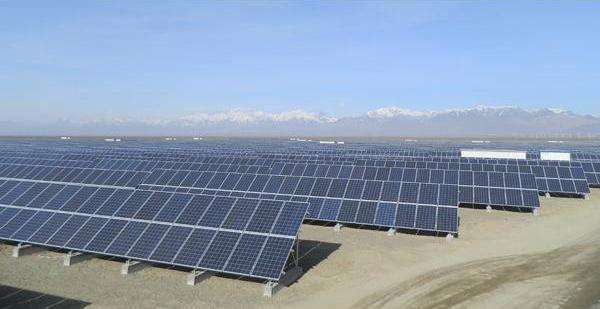
The distant desert is no longer silent or desolate, a number of factories have gradually been built up. The roar of the big industrial age was first heard in the silent Xinjiang. These plants became the first batch of modern industrial enterprises in Xinjiang, and they trained the first generation of industrial workers, initially laying the foundation of the modern industry in Xinjiang.
